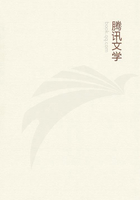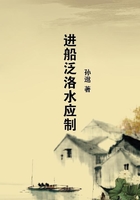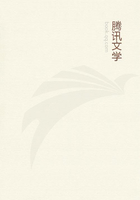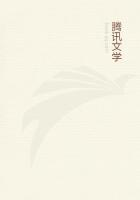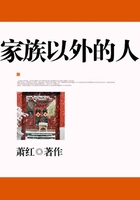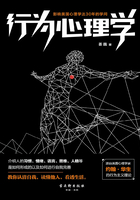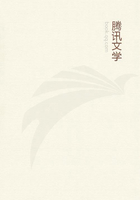The most primitive tribe of hunters or shepherds maintains its existence only by means of an organisation based on kinship, wherein union for purposes of defence, joint journeyings to summer and winter pastures, communistic acquisition for the benefit of the whole tribe, communistic guidance by the tribal prince, play the most important parts. The first settlement and occupation of the soil is never a matter for individuals, but for tribes and clans. Then, while the life of religion, of language, of war, and of politics remains common for wider circles, the centre of gravity of economic life passes to the mark and the village. They become the bodies which for centuries rule the economic life of the mass of the people. The individual possesses, in the way of house and yard, garden and fields, only what the mark- or village community concedes to him and under the conditions it allows; he uses the pasture and the wood, the fisheries, and the hunting-ground on such terms as the commune (Gemeinde) permits; he ploughs and reaps as the village-community desires and ordains. It is hardly possible for him to come into closer intercourse with outsiders; for to remove any of the products, whatever they may be, derived directly or indirectly from the common land, is forbidden.(1*)To take wood from the common forest can only be allowed so long as no one exports wood or charcoal or tar; to turn out cattle at pleasure on the common pasture can only be recognised as a right when every one is feeding his own cattle for his own use and not for strangers. To alienate land to a non-member of the community is forbidden; and, indeed, as a rule, all sorts of formalities are put in the way even of the free yardling (Hufner) who wishes to leave the village. The village is an economic and commercial system complete in itself, and closed against the outside world. Its old constitution has to be broken up by the creation of great states and by other forces, before another and higher development of economic life can make its appearance.
As the village, so likewise does the town, - and even more conspicuously, - grow into an economic body (or organism), with a peculiar and vigorous life of its own, dominating every particular. To begin with, the choice of a locality, the laying-out of the plan, the construction of roadways, of bridges, and of walls; then the paving of the streets, the bringing of water, and the setting-up of lights; and, finally, the common arrangements which are necessary for the market, and which lead to common market-houses, public scales, etc. - these, together with the close juxtaposition of residences, and the higher forms of division of labour, of currency, and of credit, all create a mass of uniform, common institutions, and bring about an association of a far closer character than before. This necessarily makes itself felt both inside and outside the town.
For centuries economic progress is bound up with the rise of the towns and the formation of civic institutions. Each town, and especially each of the larger towns, seeks to shut itself up to itself as an economic whole, and, at the same time, in its relation to the outside world, to extend the sphere of its influence, both economic and political, as far as possible. It is not without significance, that, during a considerable period of ancient and of mediaeval history, all complete political structures were city-states, in which political and economic life, local economic selfishness and political patriotism, political conflict and economic rivalry, all coincided. The economic policy of the German towns of the Middle Ages, and their economic institutions, have played so controlling a part in German life down to the seventeenth and eighteenth centuries, they project themselves, so to speak, in so many directions, into our own time, that we must pause a moment to speak of them more at length.
Not only separate jurisdiction (Immunitat), but also the right of holding a market, of collecting tolls, and of coining money, were, from early times, the privileges of the growing urban communities. This exceptional position was strengthened by the abolition of payments and services in kind, as well as by the legal advantages flowing from the principle that "town-air makes free"; and, finally, by the conquest of the right of self-government and legislation by the town council. Each separate town felt itself to be a privileged community, gaining right after right by struggles kept up for hundreds of years, and forcing its way, by negotiation and purchase, into one political and economic position after the other. The citizen-body looked upon itself as forming a whole, and a whole that was limited as narrowly as possible, and for ever bound together. It received into itself only the man who was able to contribute, who satisfied definite conditions, proved a certain amount of property, took an oath and furnished security that he would stay a certain number of years. It released from its association only the man who solemnly abjured his citizenship before the council, who swore that he would bear his share of responsibility for the town's debts, and contribute to the taxes of the town for a number of years, and who handed over to the town ten per cent of his property. The omnipotence of the council ruled the economic life of the town, when in its prime, with scarcely any limit; it was supported in all its action by the most hard-hearted town selfishness and the keenest town patriotism, - whether it were to crush a competing neighbour or a competing suburb, to lay heavier fetters on the country around, to encourage local trade or to stimulate local industries.

